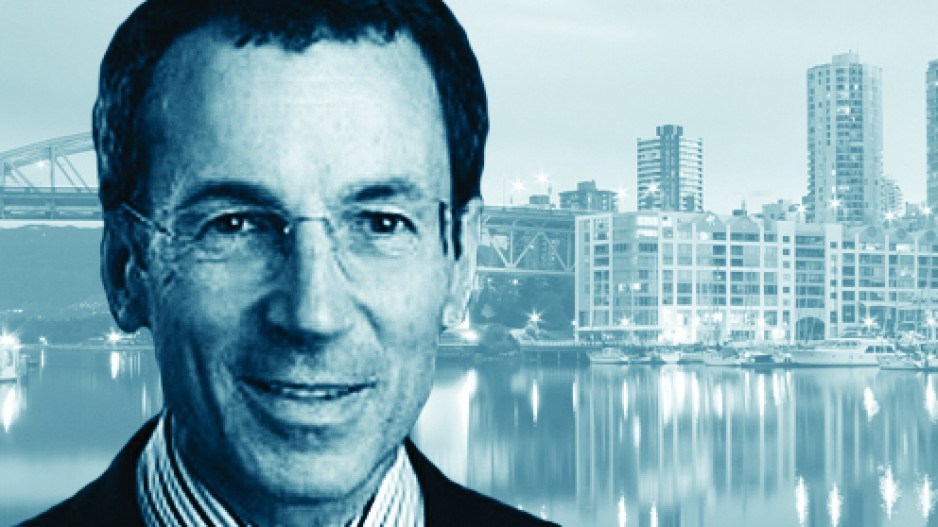I remember the first time I read Stephen Covey and learned the power of Habit No. 2 of The 7 Habits of Highly Effective People: begin with the end in mind. “If your ladder is not leaning against the right wall, every step you take gets you to the wrong place faster.”
I’ve been thinking a lot about that as the local real estate market continues boiling at a fever pitch. The massive infusion of capital into B.C. driving the real estate market out of reach of local buyers is a wonderful thing if you’re the finance minister or a developer, homeowner, landlord, house painter, luxury car salesperson, mortgage broker, banker or someone yearning to live in Langley.
But looking at the health of our kids’ futures, retirement equity for renters, urban neighbourhoods, schools, communities, hospitals, universities and businesses, it’s a killer force for everyone not already in the market.
To get back to Stephen Covey, what exactly is the end in mind? What would true housing affordability look like if we achieved it?
It’s complicated. Affordability has to start with the goal of ending homelessness and providing subsidized housing for the most needy. It has to include an adequate supply of rental units to keep rents reasonable. There’s also a widespread dream of affordable ownership for households with moderate incomes ($21,500 to $86,500) – people who work here and keep the economy buzzing.
Definitions of “affordable housing” goals range from loopy platitudes (“a home for everyone”) to ambiguous incrementalism (“more affordable housing choices for all Vancouverites”) to accountant-friendly standards (housing costs that don’t exceed 30% of household income).
Based on outcomes, our goal seems to be to provide affordable housing for global investors who can pay here a quarter of what they pay for the same space in London, switch out tech jobs for resort jobs and keep real estate the biggest industry in the province.
Based on making this region truly livable, our goal is to make housing ownership affordable to local income earners.
Given the stagnation in median incomes, the only way for that to happen is if prices come down in Vancouver and the nearby suburbs – or at least stop rising. Yes, young families could suck up the commute and move out to Metro’s outer suburbs, where 40% of people can still afford a single-family home. Or they could fight for one of the 9% of condos in Metro Vancouver that have more than two bedrooms.
No one will talk about a goal of prices levelling off or declining.
The prevailing mantra in public discussions is that we just need more, better supply: homes on warehouse roofs, small homes in laneways, more towers, more density, six-plexes, stacked townhouses. All that is certainly needed, and it will certainly make housing more affordable than otherwise, but increasing supply is not an affordability goal. It’s a means to an unspoken goal of lower prices more aligned to stagnant local incomes.
We’re scared to talk about lower prices because we are persistently told that any price drop will result in every homeowner losing his or her retirement equity. Who wants that?! In reality, a 10% price drop represents six months of windfall retirement equity. Granted, to truly align average housing with average local incomes would need a 60% drop in prices.
The only alternative to a goal of bringing down prices by adding more supply (not working so far) or stemming foreign investment (the elephant in the mansion) is to create large pockets of protected housing the way Hong Kong, Singapore, Whistler, London and New York do to ensure their working families can buy in somewhere. Those numbers, too, are never spelled out as a goal.
Until we have an honest, measurable goal in mind for affordable housing and put our ladders up against it, every step we take risks taking us to the wrong place faster.
Peter Ladner ([email protected]) is a co-founder of Business in Vancouver. He is a former Vancouver city councillor and former fellow at the SFU Centre for Dialogue. He is the author of The Urban Food Revolution.




